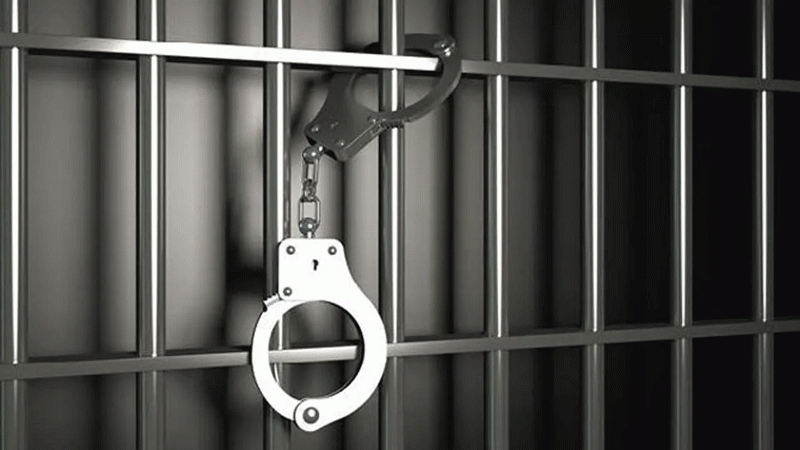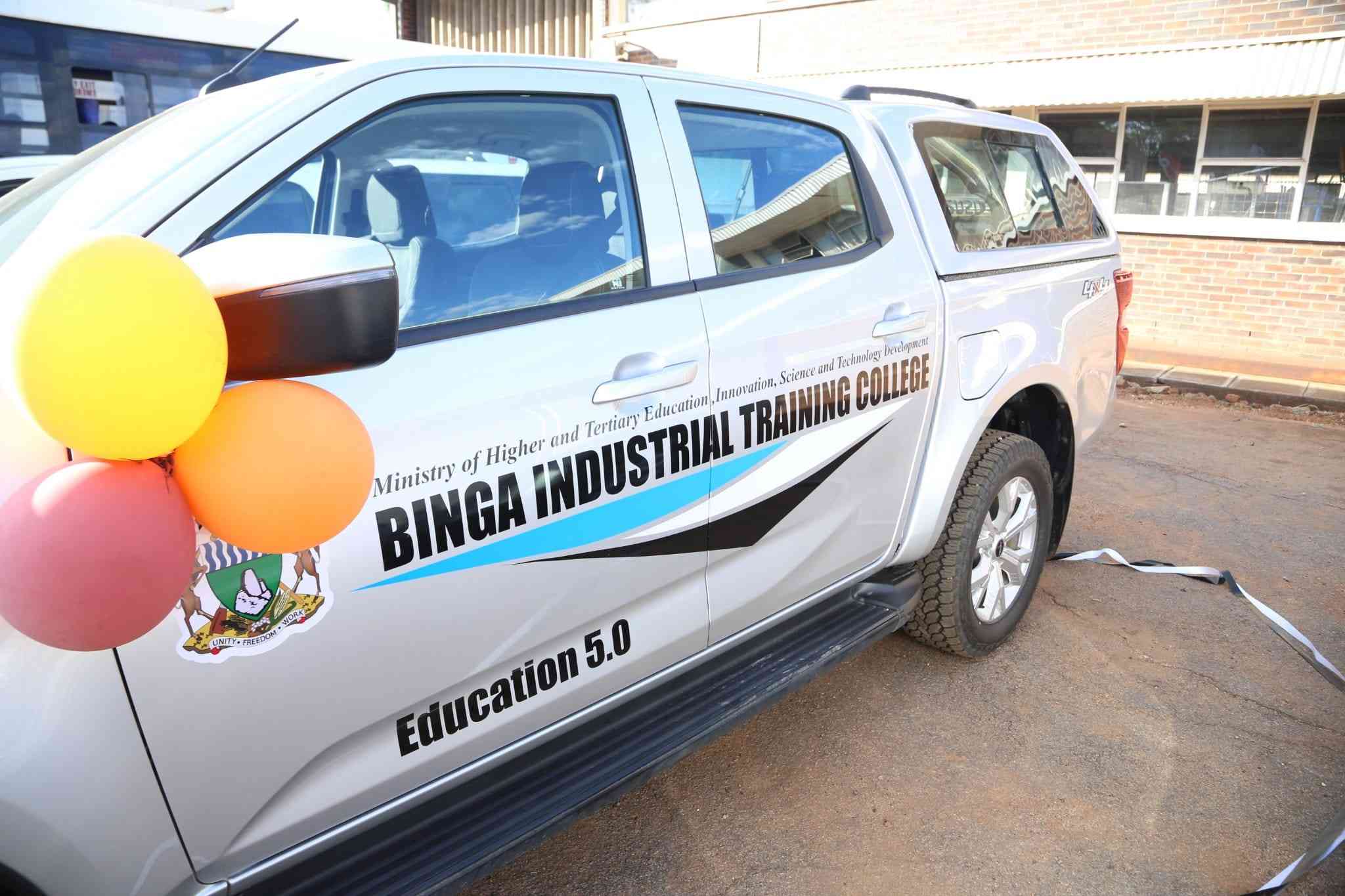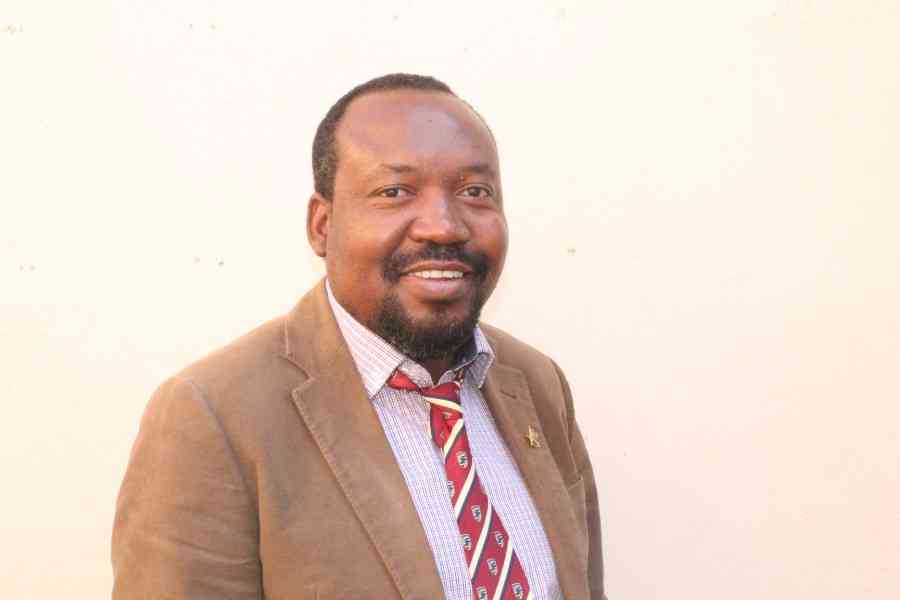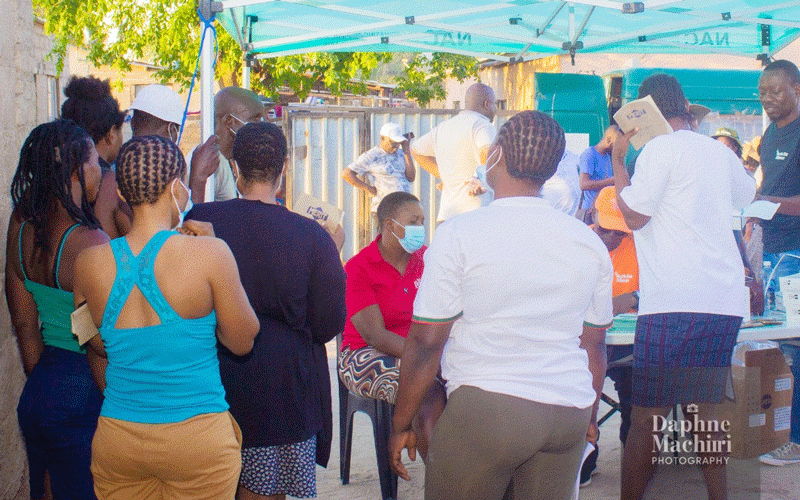
TWO village heads from Hwange’s Dete area have been sentenced to 12 months imprisonment for killing a lion. The lion was valued at US$20 000.
Elias Nyoni (51) and Zenzo Ndlovu (47) pleaded guilty when they appeared before a Hwange magistrate last Wednesday.
The two village heads were sentenced to 12 months in jail each.
However, six months were suspended for five years on condition of good behaviour.
They were also ordered to compensate the Parks and Wildlife Management Authority to the tune of US$20 000.
The snares, which they used to kill the lions were forfeited to the state.
According to the state, police received a report from the Parks Authority on May 17, 2024 about the killing of a lion by suspected poachers.
The collar-tracking signal seemed to be stationary from May 12 to 17 when the report was made.
- Teachers, other civil servants face off
- Veld fire management strategies for 2022
- Magistrate in court for abuse of power
- Vungu Dam water treatment and irrigation project takes off
Keep Reading
Police and the Parks Authority rangers proceeded to the scene and found a dead lion, and a donkey carcass.
Investigations linked Nyoni and Ndlovu to the killing of the lion.
Nyoni and Ndlovu led to the recovery of the collar tracker and a class one wire snare used to trap the lion.
The collar tracker was destroyed beyond repair.
Further investigations led to the recovery of three sacks of game meat as well as 16 lion claws, and four lion teeth.
There are reports of increased human-wildlife conflict in Matabeleland North region and poaching.
The conflicts are blamed on the El Nino- induced drought where wild animals are moving closer to human settlements to seek water while people seek more sources of food and income due to the economic downturn caused by the drought.
Government has a shoot-to-kill policy to deter the practice, but reports still are abound of illegal killings of wildlife by poachers.
Wildlife trafficking is reported to be the third most valuable illicit trade in the world after drugs and weapons with an estimated $10 billion of trade in the practice realised annually.









